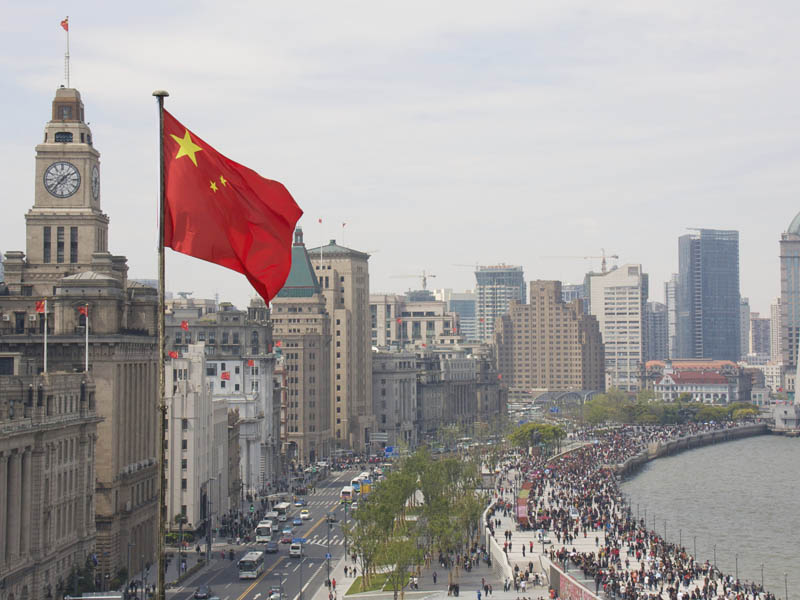Roll, up, roll up. The great China-Australia trade mission is once again cranking up. The Turnbull Government will put the afterburners on with the promise of a “largest-ever” business delegation heading to China in early April, spearheaded by Trade and Investment Minister Andrew Robb.
The Australian caravan has been timed for the second Australia Week in China (or half week) from April 11-15. It is the second time the event has been held after Mr Robb led the inaugural Australia Week in April 2013, which had a raft of other ministers in attendance.

It is reasonable to expect more of the same this time around. Industry Minister Christopher Pyne and his mini-me Wyatt Roy could be expected to attend, as well as the Foreign Minister Julie Bishop – who we saw so enjoyed the festivities at the Australian business week in New York recently with James Packer and Mariah Carey.
Innovation, of course, is now at the forefront of all the government’s own business plans, so much so, that in the excitement of Mr Robb’s announcement it was mentioned as a “business stream” not once, but twice.
“The mission includes a range of business streams including innovation, agribusiness, premium food, beverage and consumer goods, mining services and equipment, health, innovation, education, financial services and urban sustainability,” a release from Mr Robb’s office said.
That sure is a lot of innovation!
As well as the raft of different industry opportunities, events will be held in at least eight cities across the breadth of China including those that are in some way technology hubs: Hong Kong, Shenzhen, Shanghai, Chengdu, Beijing and Hangzhou (home to Alibaba). The others are Guangzhou, Xiamen and Shenyang.
While China will no doubt hog the headlines in the lead up to the extravaganza, there are a raft of government plans to boost business (and that means technology for canny companies) in the region.
“With two rounds of tariff cuts on Australian goods exports delivered already under the Agreement in rapid succession, and a whole range of new opportunities for Australian services, now is the time to expand existing links and explore new possibilities,” Mr Robb said in his statement.
In the wake of the three North Asian free trade deals, Mr Robb is pressing for similar deals with two of Asia’s more significant technology hubs – India and Indonesia – by dint of their large populations and India’s long-standing expertise in technology outsourcing.
Then there is the Strategic Economic Partnership with Southeast Asia’s financial hub of Singapore that we wrote about last week, and the announcements of those long awaited Asian ‘landing pads.’
Over at the Department of Tourism and International Education a new blueprint is being developed for improvements and expansions to the international education sector, Australia’s second biggest export after resources.
Yesterday, it was revealed that the sector last year pulled in $19.5 billion – a new record – and part of the way forward are better research partnerships and joint degree opportunities with Asian universities.
There is plenty of scope for technology innovation and improvement at home in tourism, particularly in light of the surging numbers of Chinese visitors coming into Australia. The tourism and travel sector has always been at the forefront of online innovations and applications.
To close, back to China. It’s worth mentioning, too that the latest China push comes as growth in its economy continues to slow and tales of western business either losing a bundle or pulling out of the Middles Kingdom continue to pop up.
On the other side there are those, such as Australia stock market darling, health supplement group Blackmore’s (and mobile tech group SmartTrans) that have hit the bullseye on a niche in new sectors.
Do you know more? Contact James Riley via Email.

